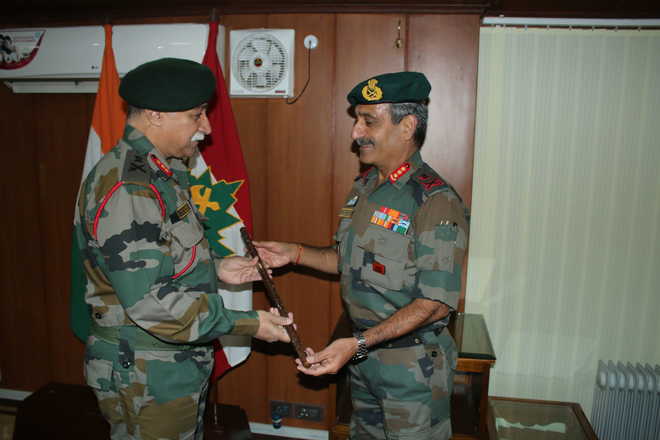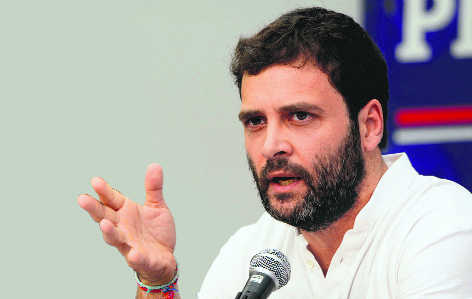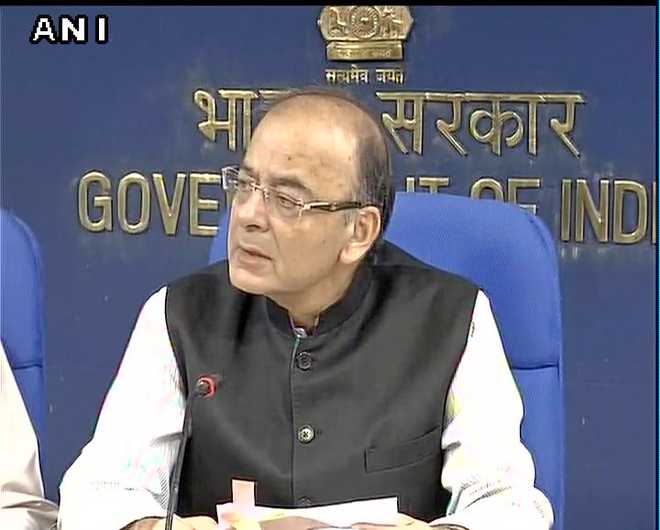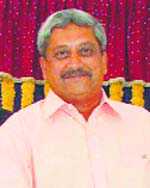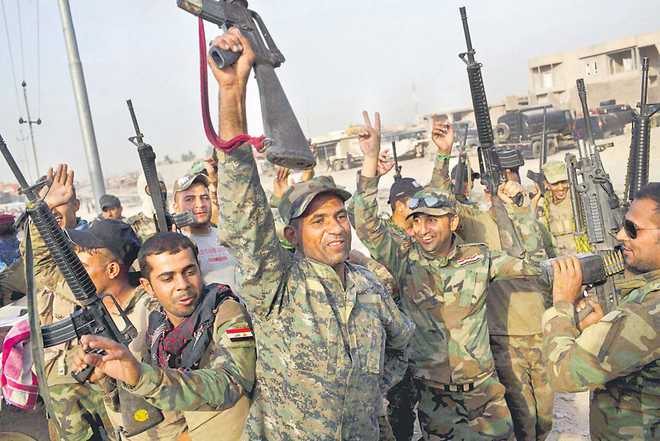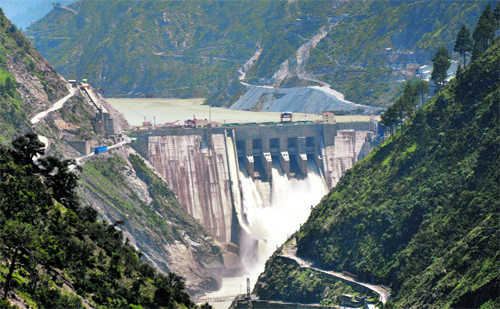An open letter addressed to President Pranab Mukherjee and Prime Minister Narendra Modi written by Former Navy chief Admiral Laxminarayan Ramdas highlighted the ‘deep shame’ he felt pertaining to relentless attacks on minorities in the country.
The Magsaysay award winner wrote the following in his letter ::
Honourable President and Honourable Prime Minister,
It is with a heavy heart, that I write this open letter to you at a time when our beloved country and people are facing severe challenges and threats to our shared heritage.
I have served in the Armed Forces of India – joining soon after Independence as a 14 year old, to end up 45 years later Chief of the Indian Navy [1990 to 1993] I have witnessed many transitions in India – from the horrors of partition in 1947 to the very different world of digital connectivity that we see today.
I also write to you as one who was brought up in the Hindu faith. However, the Hinduism I knew and experienced was gentle, inclusive, and filled with extraordinary diversity. My religion taught me values of love and respect for all beings. My brand of Hinduism was not filled with the kind of violence, intolerance represented by the current brand of “Hindutva” that seems to be fanning the flames of division and fear across the country.
Today, as a veteran in my eighties, I am forced to hang my head in shame as I witness a series of incidents and assaults on our fellow citizens, especially minorities and Dalits. Our armed forces which I have had the honour to serve for 45 years, have been an exemplar of India’s secular ethos. Be it in ships and submarines, or in planes and battle formations, we do not discriminate on the basis of caste or religion – we train, we fight, we live, we eat and we die together.
So why are we bearing witness to increasing attacks on minorities across the country, ever since the present government came to power in May 2014? It appears that certain communities are being singled out for special attention – for instance Muslims. Today a Muslim has to prove his or her loyalty, and they are being repeatedly put in a situation where their places of worship are under attack, as indeed their eating habits, and other basic freedoms. The instances of completely unacceptable and unilateral mob behaviour leading to many deaths as well as direct insinuations being made by senior leaders, are too numerous and well known to be repeated.
There seems to be a systematic and well orchestrated attempt to impose a majoritarian single point agenda of creating a Hindu Rashtra in India – led by the RSS and their network of groups, which is disturbing to say the least. This in turn has resulted in a dangerous pattern of mob behaviour including intimidating and lynching people merely on the basis of rumours – in total disregard for the established rule of law. In many cases those responsible for implementing the law, have themselves displayed blatant partisan tendencies and behaviour.
Most shocking of all is the fact there has been no unambiguous condemnation of such actions and behaviour by those at the helm of affairs in the country. Sadly, time and time again, the response of the government seems to indicate an almost studied, but certainly not benign, indifference. The co-ordinated response of those in government seems to be to downplay the serious and vicious nature of these allegations and attacks – by terming them ‘sad’ and ‘unfortunate’ – whereas there should be outrage and a demonstrated will to ensure that this society will not tolerate such behaviour. That there are MPs, Cabinet ministers and elected Chief Ministers who are in the forefront of these comments and actions, leads one to believe that the ruling party and its satellite organisations are working to a plan.
I do not need to point out to the top leadership today, that this is playing with fire in a nation where minorities – especially Muslims and Christians, as also Dalits and adivasis, are already feeling discriminated and marginalised. Instead of treating this amazing diversity as our strength, today we are being seen by the international community as increasingly insular, parochial, intolerant, racist and even fascist. The violence visited upon vulnerable sections reinforces the image of India as an imperfect democracy where all forms of dissent are discouraged and human rights trampled upon with impunity.
The Prime Minister and his ministers in the government are sworn in by the President of India, and they take an oath pledging to uphold the Indian Constitution. Their failure to do so, as evidenced in the foregoing, is a serious matter and does not augur well either for national security or national integrity. The Central and State Governments must act swiftly, unequivocally condemn all such incidents and ensure that justice will be done and the guilty are punished. Such action alone will have a salutary deterrent effect on all those, be they fringe or mainstream, who are speaking and acting in many voices that are totally against and inimical to, our traditional ethos and the syncretic culture of our country and its people.
India represents a unique blend of peoples and cultures which have evolved over 5000 plus years in a constantly changing and dynamic process. This diversity and unique nature of our society and people can probably never be replicated anywhere on this earth – and for this reason alone, the concept of a single religious identity or mono culture represents an insult to this ancient civilisational heritage.
Honourable Mr President, Honourable Mr Prime Minister, you have both sworn to honour the right of every single citizen to freedom of speech, worship, association as brilliantly articulated in the Indian Constitution. As a former serviceman and a veteran, like you, I too have promised to uphold the same constitution. It is our bounden duty that the elected Government of this nation must honour the rights of every citizen of this land as amply spelled out in the Preamble of the Constitution and further elaborated in the Directive Principles of state policy. As Supreme Commander and the Chief Executive – this is what you must ensure and implement by all the powers vested in you by the people of India.
If we do not stem the rot now – it might be too late. Indeed we the people of India look to you to take all steps necessary to restore faith in our democracy and in the promise of bringing dignity, fraternity and equality to each of our citizens.
